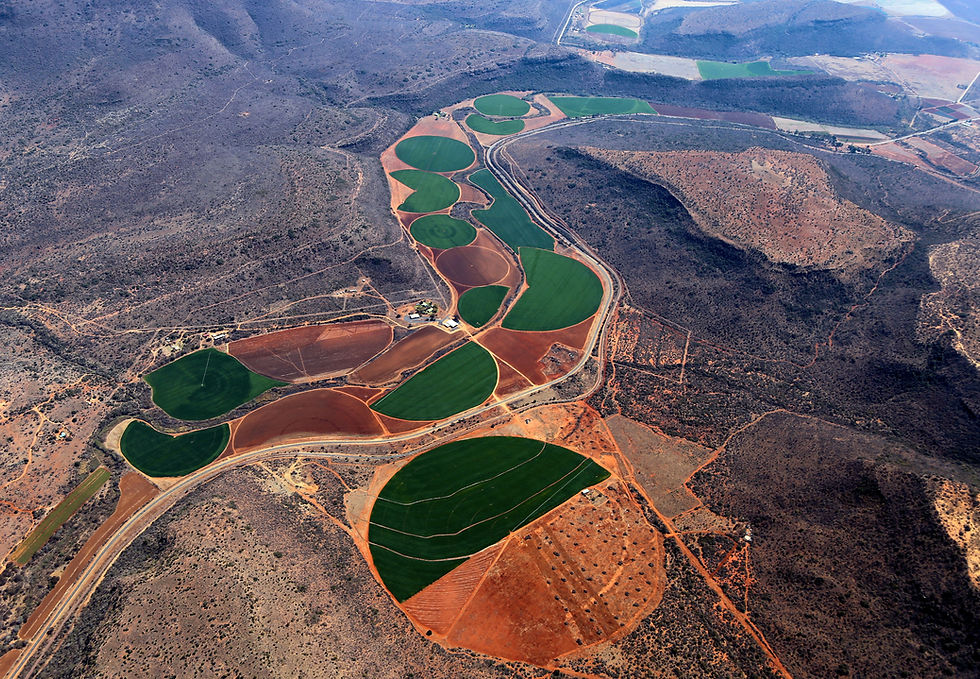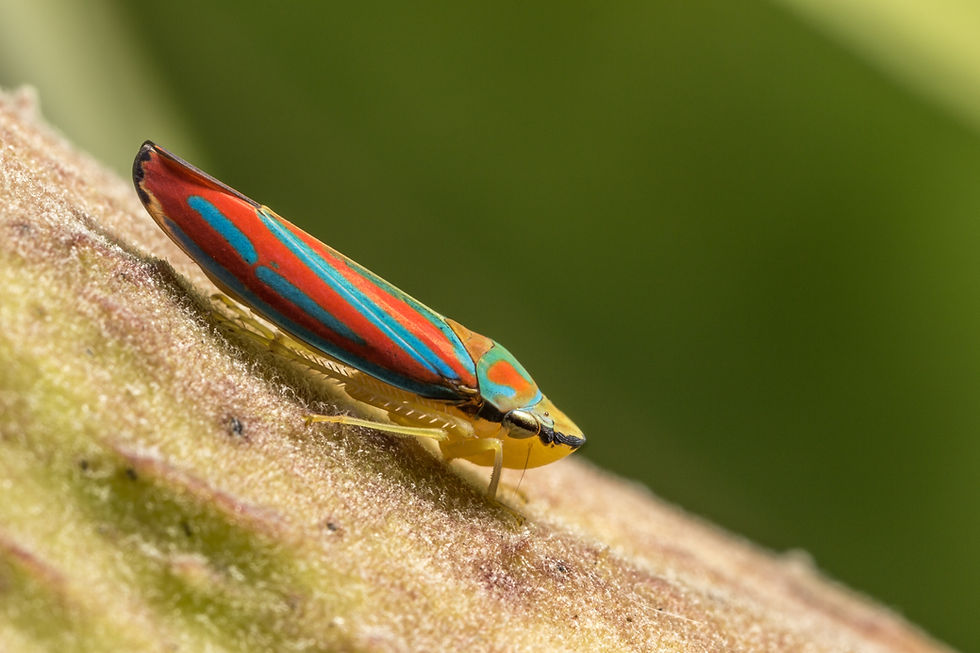A New Tool for Mapping the Environmental Footprints of Canadian Diets
- May 31, 2025
- 3 min read
Updated: Oct 19, 2025
In the market for sustainable food choices? New tools are on the horizon.

A Healthier, More Sustainable World Begins at Home
As our understanding of nutrition evolves and our food choices expand, how do we make choices that are not only good for us, but also for the planet?
It's certainly a privilege to have these concerns — especially given the rising rates of food insecurity — but the need remains, as our food choices profoundly impact our personal health and the planet.
A new tool from researchers at the University of Toronto could help guide Canadians toward more sustainable diets.
Led by Sarah Jarvis, the research introduces a new approach, the Canadian Food Life Cycle Inventory, that combines carbon footprints with nutritional value to identify foods that are both healthy and sustainable.
Core Findings: Where Sustainable Diets, Environment, and Health Intersect
Animals leave the largest footprints: The study found that animal products (beef in particular) had the highest environmental footprint, which is consistent with global trends. Environmental factors included elevated greenhouse gas emissions and more intensive land and water use. (Although they have the largest footprints, they are also nutrient-dense.)
Sustainable foods are often healthier: Foods that score higher on nutritional value tend to have a lower environmental impact. That overlap supports shifting toward dietary patterns that benefit individual health and ecological sustainability.
"Preliminary results show the greatest environmental impacts for animal-based foods, particularly beef.... Foods with greater nutritional quality also generally show greater environmental sustainability..."

Global Context: The Evolving Environmental Impact of Our Dietary Needs
Scrutiny of our food systems at home and abroad is growing as extreme weather events, poor environmental choices, and political divides upend agricultural practices and systems.
These issues are further complicated by social and economic challenges. In Canada alone, over 10 million people are food insecure and live at the poverty line — that's roughly 25% of the population.
Global numbers show further food system insecurity:
In 2023, about 2.33 billion people (nearly 29% of the global population) experienced moderate to severe food insecurity, indicating they did not have regular access to adequate food.
In 2024, over 295 million people across 53 countries experienced crisis-level or worse hunger, marking a 5% increase from 2023. This trend has been escalating for six consecutive years, driven by conflict, natural disasters, and economic shocks.
Adding to these challenges are environmental issues like water scarcity:
Roughly half of the world’s population experienced severe water scarcity for at least part of 2022.
Agriculture accounts for ~70% of global freshwater withdrawals, making it the largest consumer.
By 2050, it's projected that three out of four people worldwide could be affected by drought impacts.
It's Time for Healthy, Sustainable Solutions
The Canadian Food Life Cycle Inventory provides an evidence-based tool for policymakers, researchers, and consumers to make more informed dietary decisions based on sustainability metrics.
Similar studies have been conducted worldwide, which have led countries like Sweden, Germany, and Brazil to integrate sustainability practices into their national dietary guidelines.
Meanwhile, the global push towards plant-based diets has strengthened, as people move away from animal-based foods like red meat due to environmental and moral concerns. This evolution has also been supported by organizations like the UN's Food and Agriculture Organization and the EAT-Lancet Commission on Food, Planet, Health, which offers a global review of diets that fit within its chosen framework.

Future in Focus: What's on Your Plate?
Despite the 'flexitarian' diet trend, like most issues, it's complicated. Animal products are nutrient-dense, and humans evolved to thrive on them.
Despite current challenges and socio-economic factors, there are also plenty of developments to be excited about, like lab-grown meat products.
With research on sustainable diets booming, we can probably expect a growing range of sustainable options on the table soon enough.
🍁 Subscribe for weekly updates from Science Canada →


















Comments